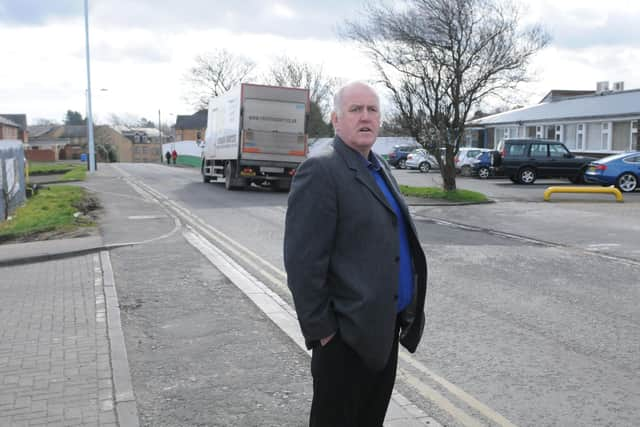Councillor lashes out at 'nimbys' for preventing development in rural Northumberland
and live on Freeview channel 276
Coun Richard Dodd called for planning reform in the county after new figures revealed many of Northumberland’s rural schools have low numbers of pupils, causing them to struggle financially and putting them at risk of closure.
Coun Dodd, who represents the Ponteland North ward for the Conservative Party, hit out at so-called “nimbys” – which stands for ‘not in my backyard’ and refers to members of the public who object to planning applications.
Advertisement
Hide AdAdvertisement
Hide AdSpeaking at a meeting of Northumberland County Council’s family and children’s services overview and scrutiny committee, he said: “There is a problem coming down the line. Longframlington has had 350 new houses, Amble has got 1,300 in the pipeline.


“If we could just spread that stuff a little bit around the county, because a lot of these villages are dying. This really is a problem.
“When somebody says they’re going to build the houses, out comes the committee to oppose them, the nimbys and their armies with their petitions and their letters and everything.
“At one time farm cottages used to be full of farm workers and their families who went to the local school, but now they’re holiday cottages. You see things like second homes too.
Advertisement
Hide AdAdvertisement
Hide Ad“We need to build all kinds of houses that people can afford, not with all the palaver that goes with it, but just cheaper houses. It can be done.
“Otherwise, we, or someone, is going to be sitting here in 10 years’ time and we will have a list of schools that will have to close.”
In the Berwick partnership, there are 466 (32%) in first schools, 264 (25%) in middle schools and 393 (43%) in high schools. Across Northumberland, there are 9,072 surplus places in schools and academies.
The report said that “where the number of surplus places within a school begins to impact on the ability of the school to provide a broad and balanced curriculum in terms of staffing levels, as well as maintain, heat, light and clean the school building, then it can be detrimental to the educational experience of children and can threaten the viability and sustainability of individual schools.”